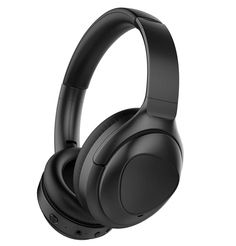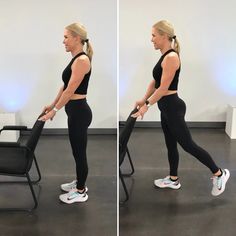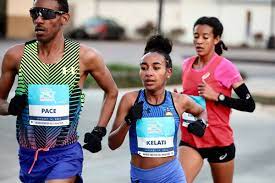The Best Supplements for Athletes

Athletes consistently strive for peak performance, often turning to dietary supplements to gain an edge in training and recovery. While a balanced diet is foundational, certain supplements can provide added benefits. It’s important to consult with a healthcare professional before starting any supplement regimen.
Creatine is one of the most researched supplements shown to increase muscle mass, strength, and exercise performance. It assists in the production of ATP, the energy currency in cells, which is particularly beneficial during high-intensity activities.
Protein supplements, typically found as powders with whey, casein, or plant-based proteins like pea or rice protein, are essential for muscle repair and growth. They are convenient for athletes who require higher protein intake and struggle to meet their needs through diet alone.
Branched-chain amino acids (BCAAs) consist of three essential amino acids: leucine, isoleucine, and valine. These play a significant role in muscle recovery and can reduce muscle soreness post strenuous exercise.
Beta-alanine is known to help delay fatigue during intense exercise by increasing levels of carnosine in muscles, which can buffer acid buildup.
Omega-3 fatty acids, found in fish oil supplements, have anti-inflammatory properties that can benefit athlete recovery by mitigating inflammation resulting from intense workouts.
Vitamin D is important for bone health and immune function. Athletes with limited sun exposure may require supplementation to maintain adequate levels.
Iron is a critical component that athletes cannot disregard, especially those involved in endurance sports. Iron helps red blood cells transport oxygen; deficiencies can impair performance and lead to fatigue.
Lastly, electrolytes such as sodium, potassium, magnesium, and calcium are lost through sweat. Athletes need to replenish these minerals to maintain hydration balance and nerve function.
In conclusion, while supplements can be beneficial for athletes seeking optimal performance and recovery, they should never replace a well-rounded diet and should only be used under professional guidance.






